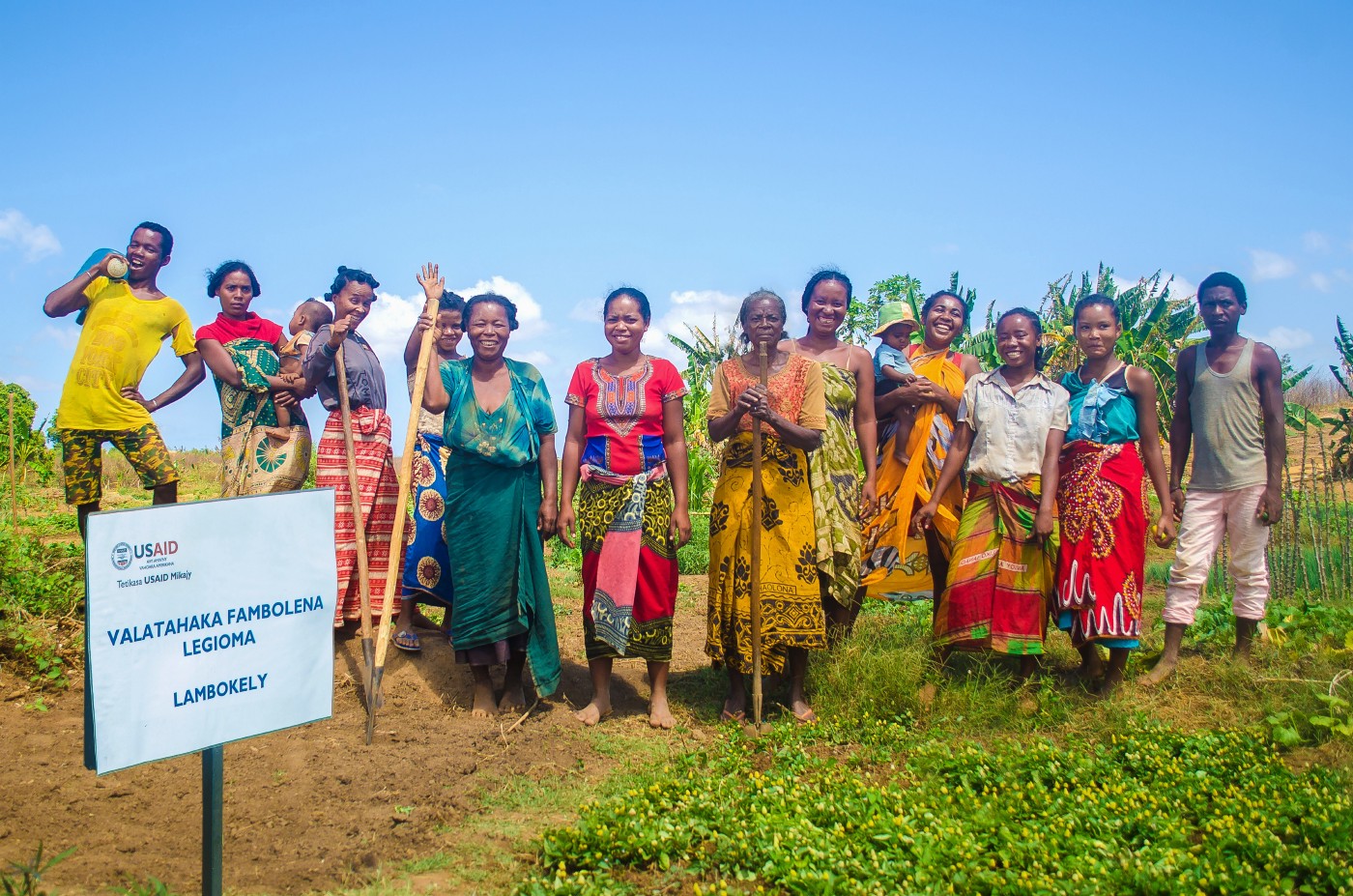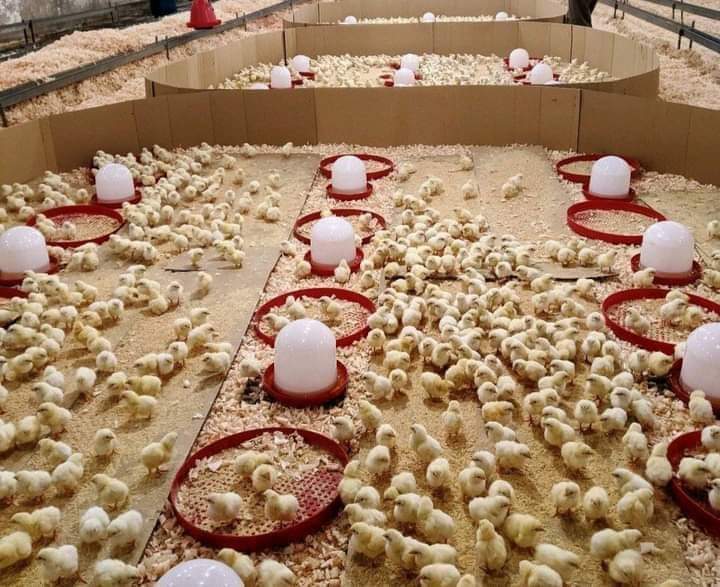In a bid to fight food insecurity in Africa, the United States Agency for International Development (USAID) in collaboration with research partners has developed seeds that are more responsive and resilient to climate shocks and stresses.
At least one variety of sorghum has been developed for Ethiopia while three different varieties of okra have been developed for Mali.
There are two new varieties of mungbean and nine varieties of cowpea and four varieties of common bean and two varieties of amaranth for Tanzania.
Eggplant variety
The African Eggplant variety for Mali and Tanzania are also available for farmers
“We’re excited to support the delivery of new and improved seed varieties to the African Seed Trade Association Congress,” said USAID.
At the same time, the development of the new seed varieties for African climatic conditions is a result of partnerships between USAID and US universities through Feed the Future and the US government’s hunger and food security initiative.
“The collaboration has enabled the development of solutions that improve crop production, conserve genetic resources, protect livestock and animal health, help farmers manage pests and diseases, and build sustainable farming systems that are prepared for a changing climate,” said USAID.
According to USAID the aim of the innovation Labs is to address the current and potential acute threats to global food systems.
Improved crop varieties
“USAID develops new and improved crop varieties that are more productive and more resilient to abiotic and biotic stressors including drought and disease,” added the agency.
USAID has invested more than Sh61 billion in the development of over 1,000 new innovations and production practices, including the development, breeding, and trialling of hundreds of new crop varieties.
At least more than 60 new seed varieties have been released for uptake by seed producers in Asia and Africa and replaced low-yielding varieties which are susceptible to threats associated with climate change.
Among the crops that the Innovation Labs focus on are cowpea, pigeon pea, common bean, millet, groundnut, soybean and sorghum, as well as some African vegetables.
“The Innovation Labs continue to research new varieties with adaptive traits, which are released to seed producers almost every year,” said USAID.
USAID through the work of Seeds2B Africa and the Innovation Labs have prepared selected varieties that are available to seed producers.
USAID Senior Program Manager Mark Huisenga said the agency will participate in the AFSTA Congress in March 2023 in Dakar Senegal to showcase the new varieties.





